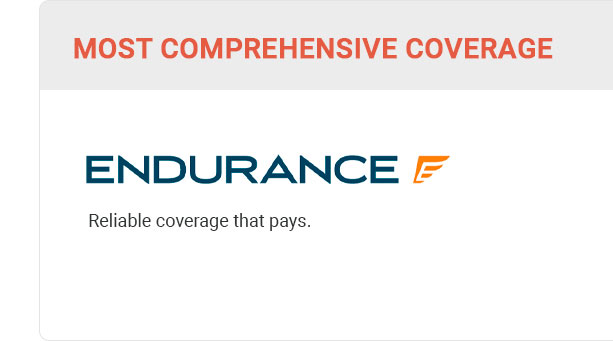 |
 |
 |
 |
 |
 |
 |
 |
 |
 |
|||
 |
 |
|||
 |
 |
|||
 |
 |
|
|||||||
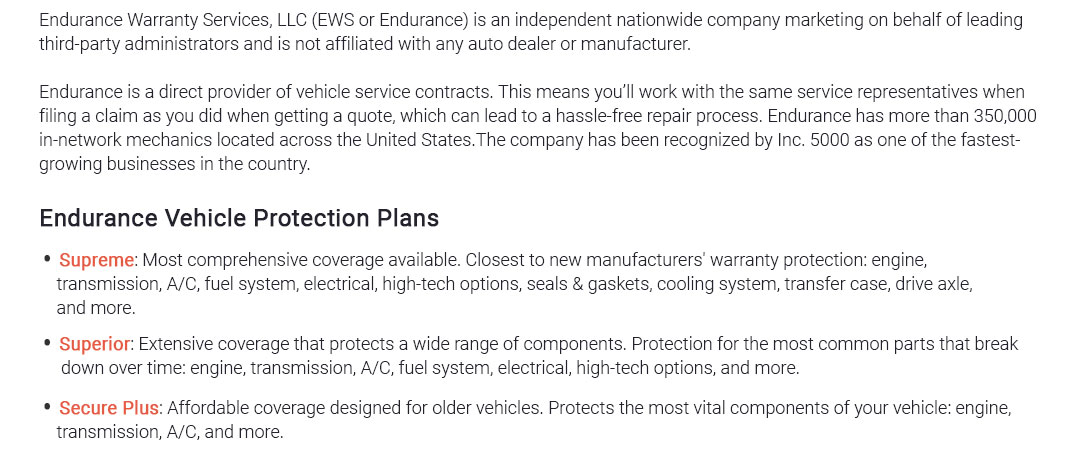 |
|||||||
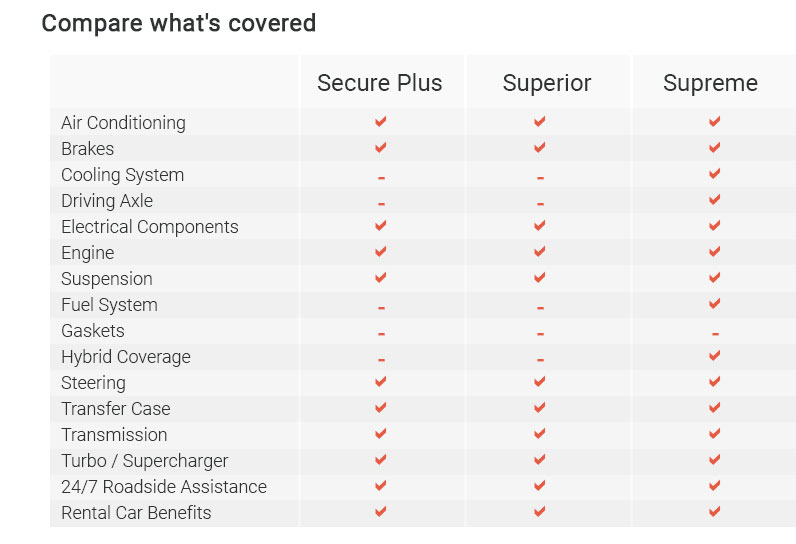 |
|||||||
 |
|||||||
 |
|||||||
|
|||||||
|
||||||
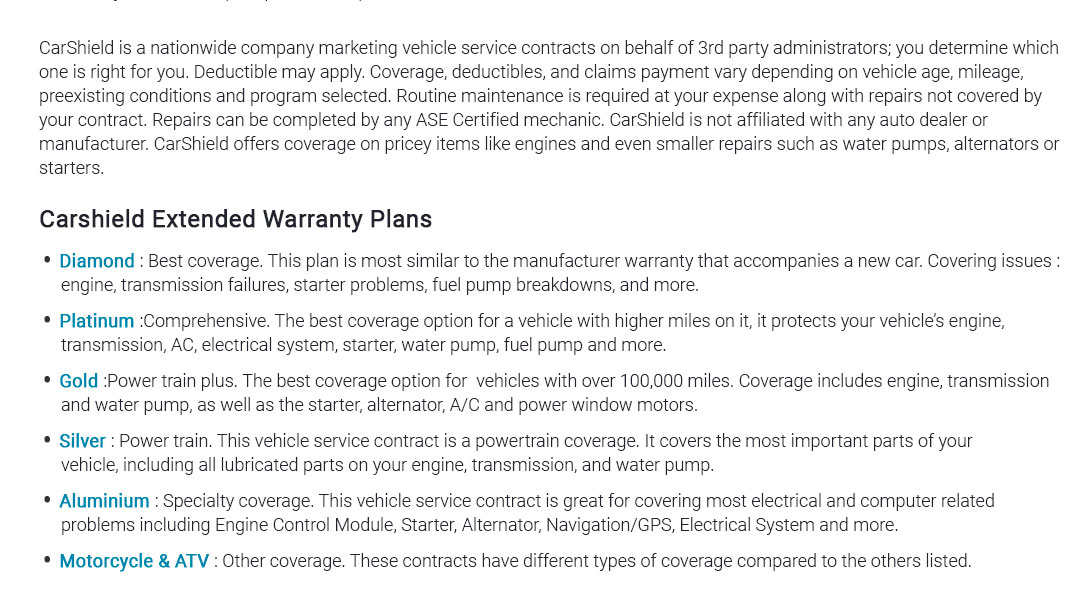 |
||||||
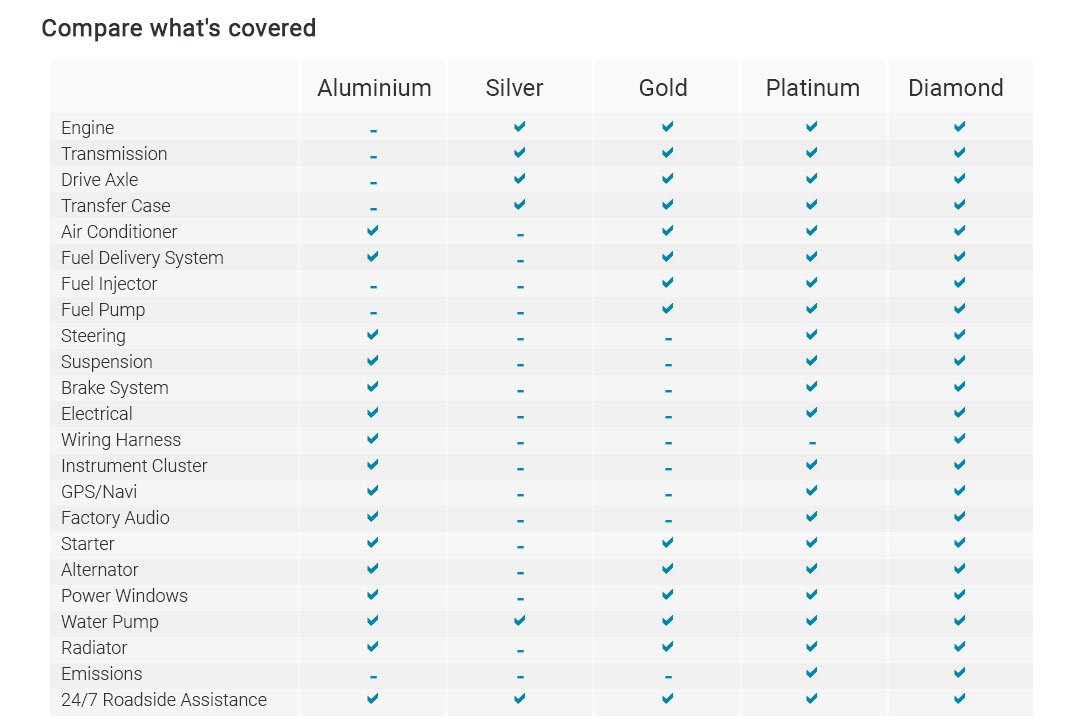 |
||||||
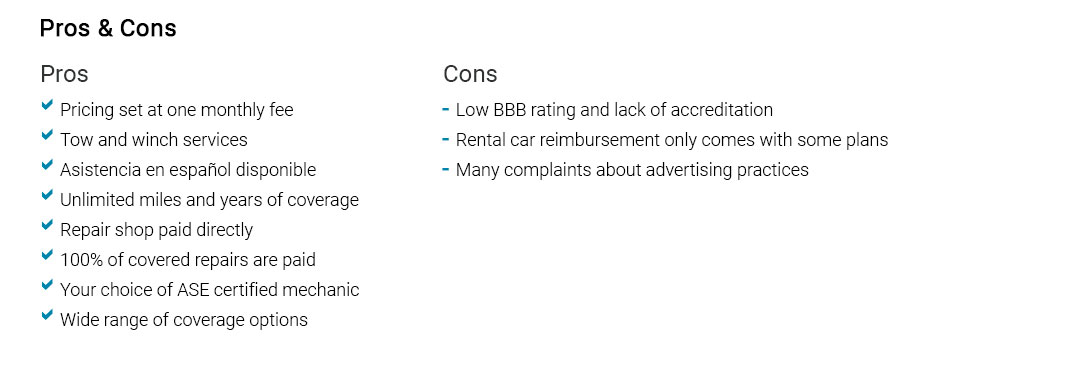 |
||||||
|
 |
 |
 |
 |
 |
 |
 |
|||
 |
 |
|||
 |
 |
Toyota Extended Warranty Coverage: Understanding the Bigger PictureIn today's world, where vehicles have become an indispensable part of our daily lives, ensuring their longevity and reliability is paramount. Enter the Toyota Extended Warranty, a safety net that promises to cushion the financial blows of unforeseen repairs and maintenance. But what does this coverage entail, and is it truly worth the investment? Firstly, it's crucial to grasp what an extended warranty is. Essentially, it’s an additional service contract that kicks in after the standard manufacturer's warranty expires. While the factory warranty typically covers three years or 36,000 miles, the extended version, depending on the package chosen, can stretch coverage up to a remarkable eight years or 125,000 miles. This offers peace of mind, knowing that major repairs won't have to be an out-of-pocket expense. How Does It Work? When you opt for Toyota’s extended warranty, you're essentially buying into a promise of coverage for certain mechanical breakdowns. These might include engine or transmission issues, electrical system failures, and even air conditioning malfunctions. It’s like having a financial buffer against the unpredictable nature of car ownership. Why Consider It? The decision to invest in extended coverage boils down to several factors. For one, if you're someone who plans to keep your Toyota for the long haul, beyond the standard warranty period, the extended warranty is worth considering. The complexities of modern vehicles mean repair costs can soar, and having coverage can significantly reduce financial stress. Additionally, those who put a lot of mileage on their cars each year might find this extended coverage particularly beneficial. Another aspect to ponder is the level of protection offered. Toyota’s extended warranty is known for its comprehensive nature. There are different levels, such as the Platinum, Gold, and Powertrain plans, each catering to different needs and budgets. The Platinum plan, for instance, is the most inclusive, covering virtually all mechanical aspects of the vehicle, whereas the Powertrain plan focuses on the essential components.
Moreover, the convenience factor can't be overlooked. With an extended warranty, repairs can often be handled more swiftly, as authorized Toyota dealers and service centers are familiar with the coverage terms. This ensures that parts used are genuine and that the repair work maintains the vehicle’s integrity. However, it’s not just about the coverage; it’s also about the cost. The price of an extended warranty can vary based on the level of coverage, the model of the vehicle, and even the current mileage. Therefore, it’s wise to weigh the cost against the potential benefits. In some cases, especially for those who drive less or plan to sell their vehicle in a few years, the investment might not make financial sense. In conclusion, the Toyota Extended Warranty presents a compelling option for those seeking to protect their automotive investment. By understanding how it works and what it covers, car owners can make informed decisions that align with their personal driving habits and financial plans. Ultimately, it's about seeing the bigger picture and securing a sense of security on the road ahead. https://www.toyotafinancial.com/us/en/vehicle_protection_plan/vehicle_service_agreements.html
Coverage provides up to $100 per day for lodging and meals if you're more than 150 miles from home. Call us at 1-800-228-8559 to get prior approval. There is a ... https://www.endurancewarranty.com/learning-center/comparisons/plans-from-endurance-and-toyota-extended-warranty/
The Toyota Vehicle Service Agreement is brought to you by Toyota Motor Insurance Services, and coverage can only be purchased via its own dealer ... https://www.toyotamilpitas.com/san-jose-milpitas-toyota-extended-warranties/
If you currently own a Toyota and your vehicle is still under the original factory warranty, you can easily extend your warranty coverage. Call one of our ...
|



